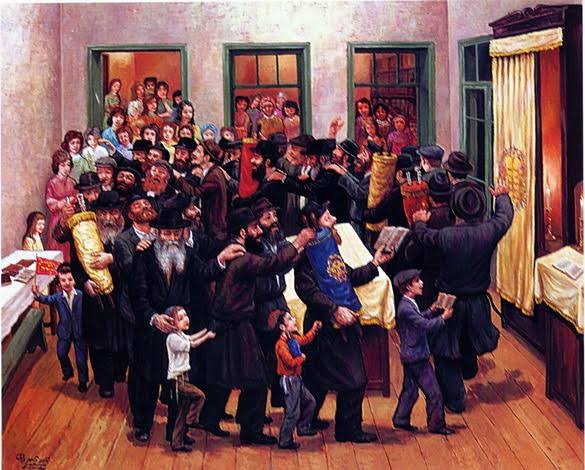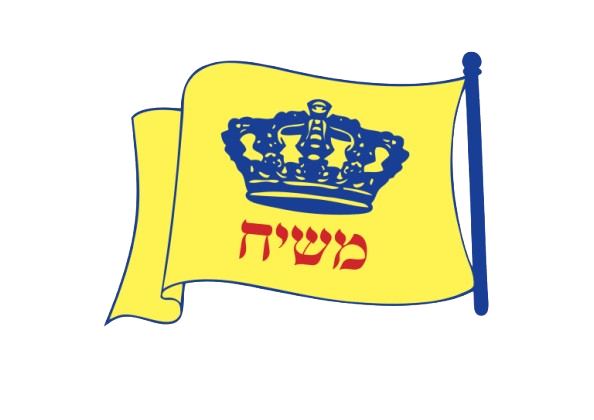The seven days of Sukkot are celebrated in the Tabernacle, and after the Simcha comes the last holiday, Simchat Torah. This holiday expresses our belief in the presence and the unity of G-d. After the high holidays comes the peak time of joy and happiness. Simchat Torah is related strongly to the verse in Deuteronomy 4:35: “You have been shown, in order to know that the Lord He is G-d; there is none else besides Him”.
The purpose of this manifestation is to instill knowledge and faith in the hearts. It is meant to strengthen the belief in G-d and the commitment to following His commandments.
Belief in the unity of G-d does not mean only the denial of false gods but rather that G-d is the only true reality and that apart from Him there is no reality – “there is no other besides Him”, and everything that seems to be apart from him, is not a real reality. The reason for this lies in the fact that the existence of reality is due to the power of G-d’s generating it at every moment and if the power of creation stops for a moment it would return to nothingness and zero as before creation.
The Seven Noahide Laws, which are derived from the Torah and apply to all of humanity, include not only the prohibition against idolatry (which encompasses a rejection of multiple deities) but also the positive affirmation and the internalization that there is nothing besides Him. Therefore, Gentiles are obligated to believe in the unity of G-d as part of their adherence to the 7 Noahide Laws.
On this holiday we can feel the reality of the Messianic era where G-dliness will be felt in the creation and the word of G-d will be the most obvious thing. Noahides are expected to play their key role in hastening redemption by strictly clinging to the fulfillment of the seven Noahide laws by not adding or subtracting any detail.
*This is from a series of articles by Rabbi Bernstein Moshe




